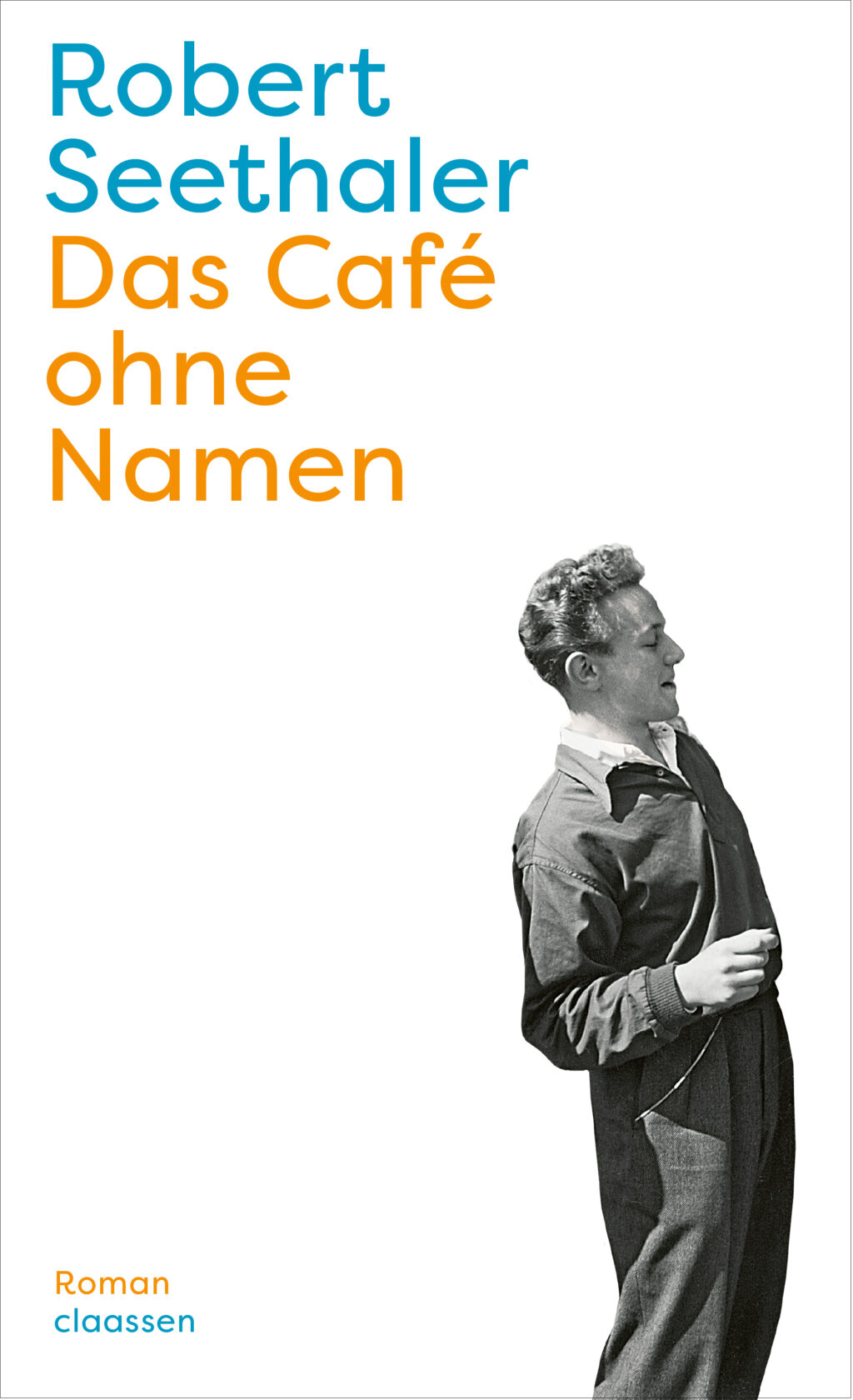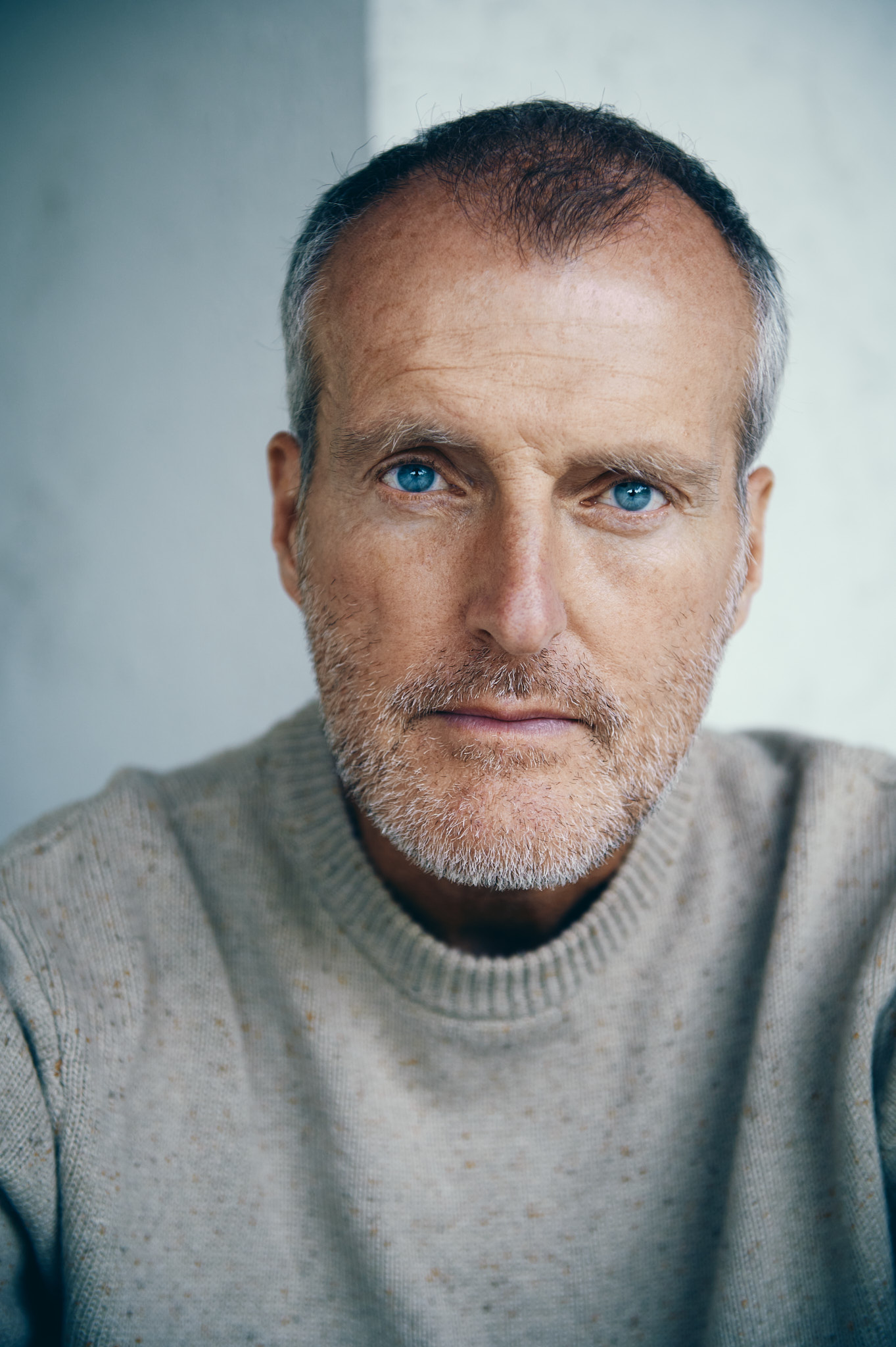review
Written in his signature accessible style, with a keen eye for detail, Das Café ohne Namen is the latest work of fiction by Robert Seethaler, whose novel A Whole Life (tr. Charlotte Collins, Picador) was shortlisted for the 2016 International Booker Prize. A vivid depiction of one Viennese district throughout a decade of social and economic change, Das Café ohne Namen is also a portrait of ordinary lives centred on a neighbourhood café.
In 1966, having had enough of hard physical labour at Vienna’s Carmeliter Market, and encouraged by local master butcher Johannes Berg, Robert Simon takes over a neglected café in the Leopoldstadt district. His calm, non-judgemental nature soon attracts a range of customers – market workers and locals as well as visitors. Robert listens to their life stories and defuses tensions, working alone until, at Berg’s suggestion, he takes on Mila, an unemployed seamstress.
As the novel unfolds over the course of a decade, we come to know the many figures who visit the café – some only on a single occasion, others much more frequently. One such character is René, a summertime wrestler and bouncer at the dodgems in the nearby Prater amusement park, who drinks away his winnings and dreams of making it big in America. René and Mila get married, but later are devastated by the loss of their baby. Romance also blossoms between local cheese-seller Heide and painter Mischa, while Robert himself falls briefly and unhappily in love with Jascha, a young Croatian woman.
At the same time, we also see Robert’s developing relationship with his landlady, an elderly war widow. As time passes she grows frail and confused, but Robert looks out for her and eventually goes to visit her in a nursing home. Her reminiscences and reflections on life are delivered in monologue-style chapters that serve to break up the main third-person narrative.
Much change comes to the area, including the building of the Viennese Underground, and in 1976 the café closes when Vavrovsky, who had inherited the building, decides to sell it to pay off some debts. The night of the closing party, 31 July, the nearby Reichsbrücke collapses – a real-life event that left the city shaken.
Focusing on his characters while rooting their lives in the social and political events that shaped Vienna in real life, Seethaler has delivered another evocative novel that lives from its detail and celebration of the ordinary. Like Claire Keegan, who also has an eye for everyday heroisms, Seethaler uses Das Café ohne Namen to portray what it is to live through great change and still make the best of one’s circumstances.
Rights sold: France (Sabine Wespieser), Netherlands (De Bezige Bij), Italy (Neri Pozza).
Read more on the publisher’s website here: https://www.ullstein.de/werke/das-cafe-ohne-namen/hardcover/9783546100328




All recommendations from Spring 2023